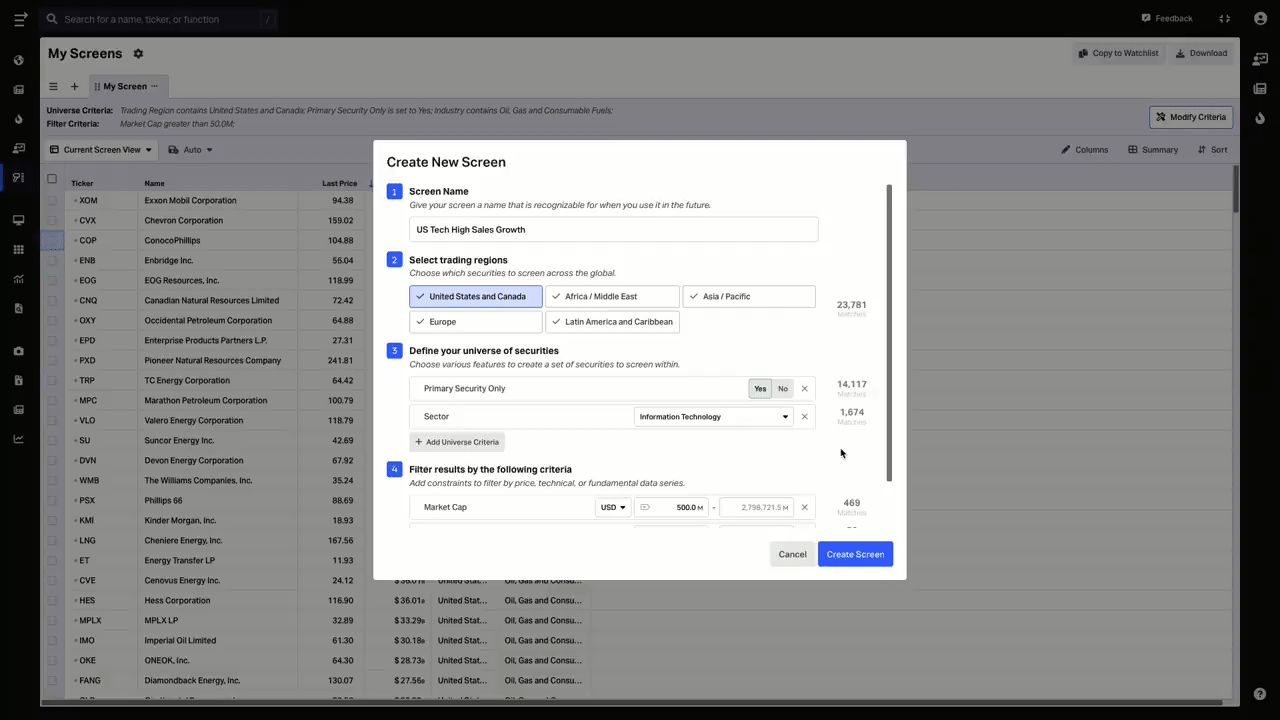You Can't Skip Steps in Startup Building
Why raising too much cash can sometimes have an adverse affect
One of the most common things that we see across all startups regardless of sector, stage, or total capital raised is founders trying to skip steps along the journey. This blog post will be dedicated to how like one of the law of physics, it’s impossible to do so and trying will lead to adverse effects.
Let’s start this post off with a little algebra. For my 5th grade math teacher, they’re probably going to be so proud reading this.
( 2 + 3 ) * 5 = 25
If we changed the order of operations and tried to multiple 5*3 first we’d get 15 +2 = 17. A completely different number!
The same holds true in startups. There are certain order of operations have to be followed. Let’s explore what these are.
Founders Must Sell The Product Themselves First
This is one of the core steps that can not change. When selling a new product, only the founders who understand the exact reason for why that product needs to exist can sell the product. Why? Because founders can paint a clear picture of the current paradigm and how the new product is changing that. Founders are the first and best evangelist of the product since they came up with the vision after deeply thinking about the pain and need! Also, the learnings from doing these sales help to figure out 1) if the product is solving a pain point, 2) what sort of product messaging resonates with users, 3) which personas the product resonates with, 4) how the product will fit into a user’s workflow and 5) how the product will be adopted in the org.
All of these learnings are essential to be able to start finding product market fit. It’s crazy but founders really do have to wear all those hats. By doing so, they are then in the position to be able to hire the right people for the roles that need to be filled. In the above example those roles would be sales, product marketing, user research, and product management. If the founder hasn’t tried to do these themselves, more often than not, hiring will result on resume credentials rather than a deep understanding of the job requirements which usually leads to failure down the road.
Founders Must Articulate the Product Vision First
Hiring a PM too early can legitimately kill a startup. The reason is the PM does not have the context/vision that the founder does of why the product needs to exist. So they will listen to customers. However, in the early days of evangelizing a market, there aren’t really any customers to listen too! So now the PM is put in a position where they need to do sales while also balancing user research while also balancing roadmap prioritization and much more.
A common failure mode I’ve seen for this is a PM is hired early. The company has one enterprise customer. That customer then starts sending in requests and rightly so the PM starts prioritizing those requests on the roadmap and listening to customer feedback. 6 months later the company looks up and realizes they’ve built a product customized to one customer rather than solving the pain point for users across different customers.
Founders Must Set the Culture First
There is no way anyone but the founders can set the culture. Culture is manifested through the way decisions are made in an org. Does every decision need to flow up to the CEO or mgmt, can ICs make decisions on their own, is the feedback of one org prioritized over another (i.e. sometimes founders with a product background can favor product org feedback more than engineering or founders can prioritize sales vs customer success, etc).
In the beginning, every employee will look up to the founders for how the culture will work. Will problems be shared transparently, do people argue about problems vocally or try to solve them behind the scenes, are decisions made quickly or slowly. A common failure mode here is trying to hire a People Leader to “manage the culture”. The People Leader can try and make some small tweaks but whatever culture has been set by the founders actions in the beginning are what is going to persist unless the founders themselves make changes to their behavior.
The Urge to Move Fast
Especially as more capital is raised or people hear about their peers working at companies that are growing more rapidly, early teams have the urge to move faster. This urge can lead to trying to skip the above steps and hire people in certain roles too soon.
When too much capital is raised, this leads to premature scaling. For example, if you hire a marketer that person may be excellent in product marketing but realize that on brand marketing they’re not as strong. So rightfully they say, hey we need to hire someone to take on brand marketing so I can focus on product marketing and we can reach more customers. All of a sudden the marketing org is 5 people even though the customer base is only 5 customers.
This is the problem with skipping steps. The product doesn’t get built, distributed and evangelized in the right way. In the meantime, more headcount is added to help achieve the goals that the team set out in the budget (which still shows 20+ months runway even as the team is scaling). What starts out with 2 years of runway suddenly ends up being 9 months with not much to show with it.
Bottom Line
Building a startup is freaking hard work and being a founder is exceptionally hard. However, do not skip steps. Doing so will only further challenge the company and stop the vision from being achieved.
Some stuff I really enjoyed reading this week:
Deep dive into Blockchain infrastructure in a series of posts. This one starts with what are blockchain nodes and why they are key building blocks for eventual applications to be built.
What metrics matter for a PLG business?
Thirteen Lives on Amazon Prime Video is hands down one of the best films I’ve ever seen. I read a lot of the news at the time of the rescue about how difficult it was but didn’t really understand the scope of it. What happened was a blend of amazing human ingenuity & bravery mixed with a miracle. What those young kids had to endure for 2.5 weeks with no food, water, light, and barely any oxygen is mind-boggling. They practiced meditation to survive and the way they were rescued is just pure insanity.
For those folks who pay attention to public markets, my favorite product Koyfin launched an amazing Equity Screener that I have been waiting for with a ton of anticipation!









